Jessica Winter from The New Yorker discusses why pediatric endocrinologists saw a surge during the pandemic for referrals for girls developing early and which demographic populations are being hit most often.
Read more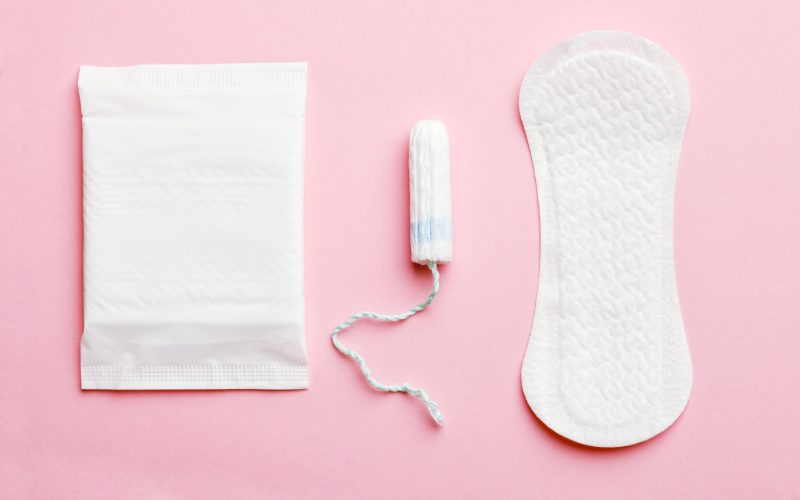


Jessica Winter from The New Yorker discusses why pediatric endocrinologists saw a surge during the pandemic for referrals for girls developing early and which demographic populations are being hit most often.
Read more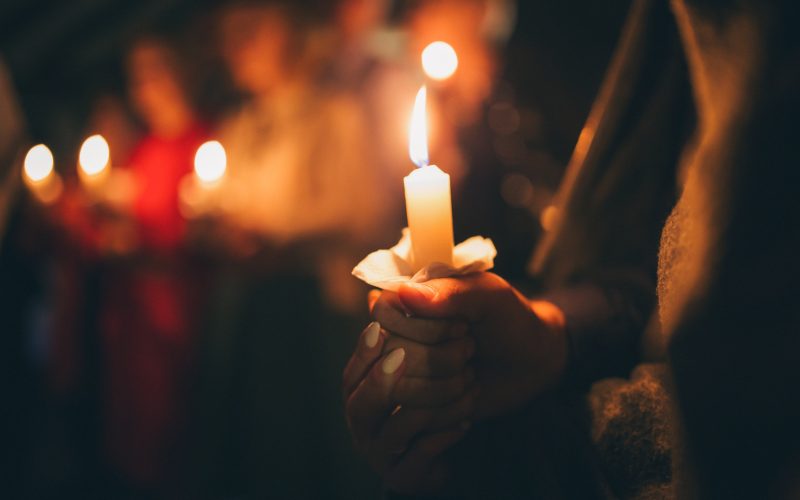
Daniella Mestyanek Young talks about being raised in The Children of God religious cult, her escape to build a new life, and what her later career in the military taught her about herself.
Read more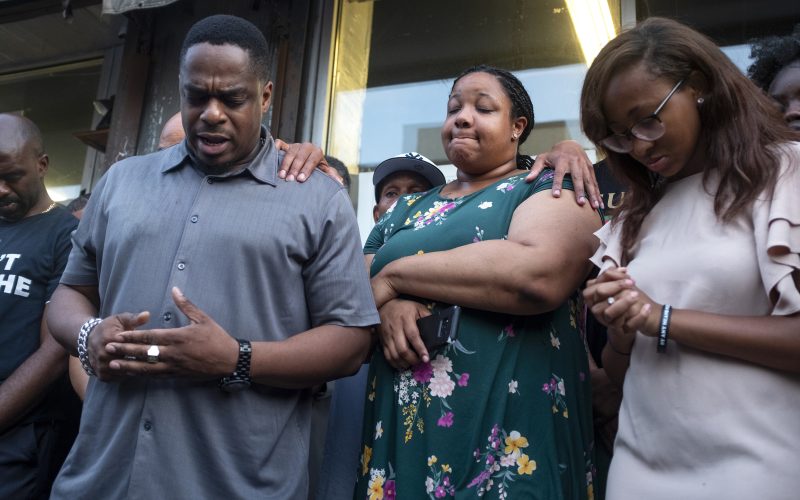
Emerald Garner, executive director of the non-profit We Can’t Breathe Inc. discusses her personal essays about the community that rallied around her in the wake of her father’s death.
Read more
Devon Price talks about his own experience with neurodivergence and delves into the lives of people who feel ignored and invisible.
Read more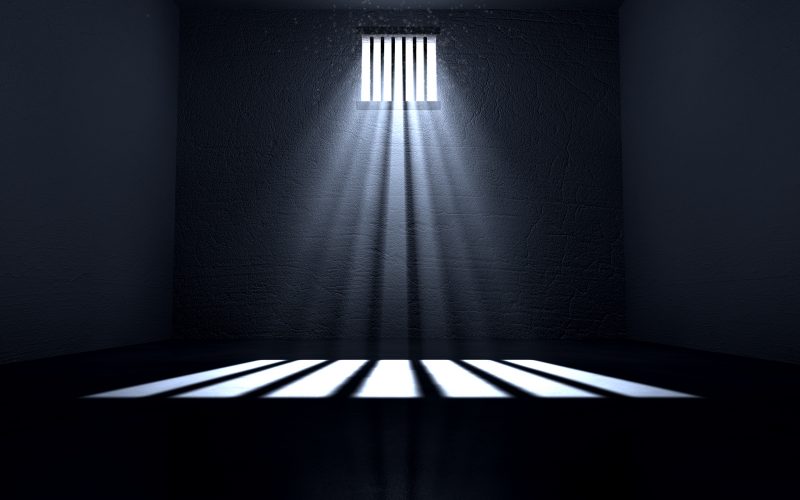
Ian Manuel joins us to discuss his crime, his quest for forgiveness, and why, he believes, we should not judge an entire life based on one’s worst day.
Read more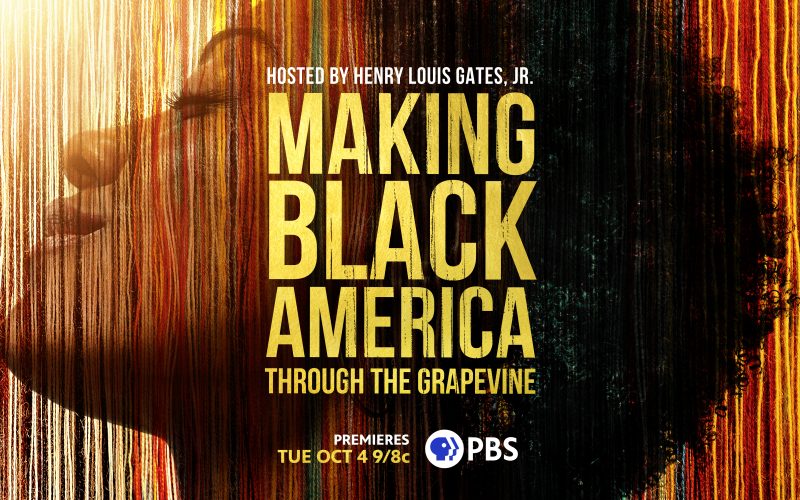
Producer/director Shayla Harris discusses the networks and towns built for Black people, and the community and safety they brought.
Read more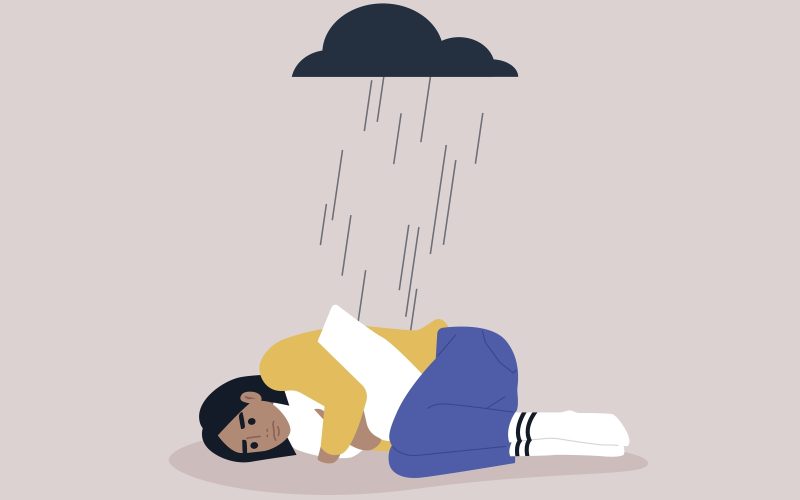
Olga Rosales Salinas is the managing editor for San Francisco Bay Area Moms and she joins us to share her sister’s mental illness and her Latino family’s reactions.
Read more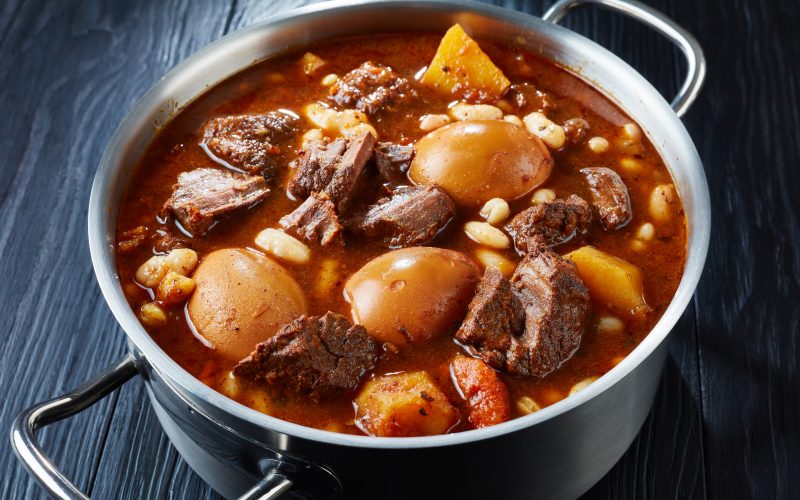
Michael Twitty, a culinary and cultural historian, joins us to discuss the ways Black food and Jewish food have influenced each other and explores ways they impact identity.
Read more
Professor Linda Villarosa joins us to talk about why Black Americans are dying sooner and have worse health outcomes than their white counterparts.
Read more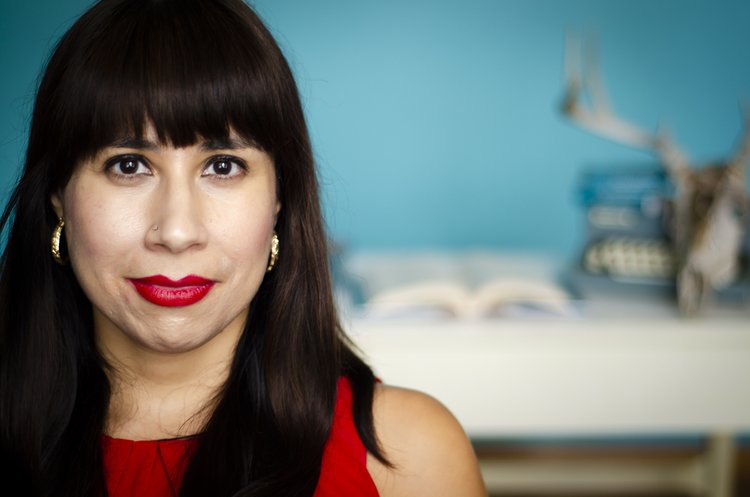
Erika L. Sánchez joins guest host Courtney Collins to discuss some very personal stories about mental health, success and confronting racism in everyday life.
Read more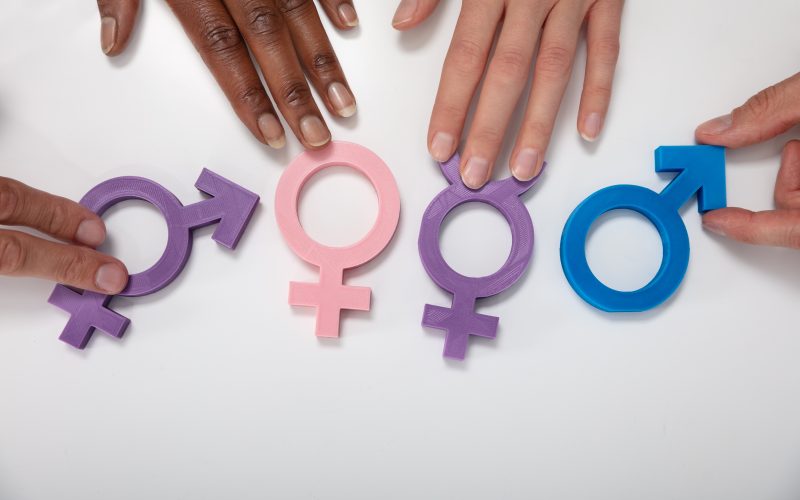
Professor Paisley Currah discusses the category of “sex” on government documents and what that says about the future of transgender rights.
Read more
Devon Price talks about his own experience with neurodivergence and delves into the lives of people who feel ignored and invisible.
Read more